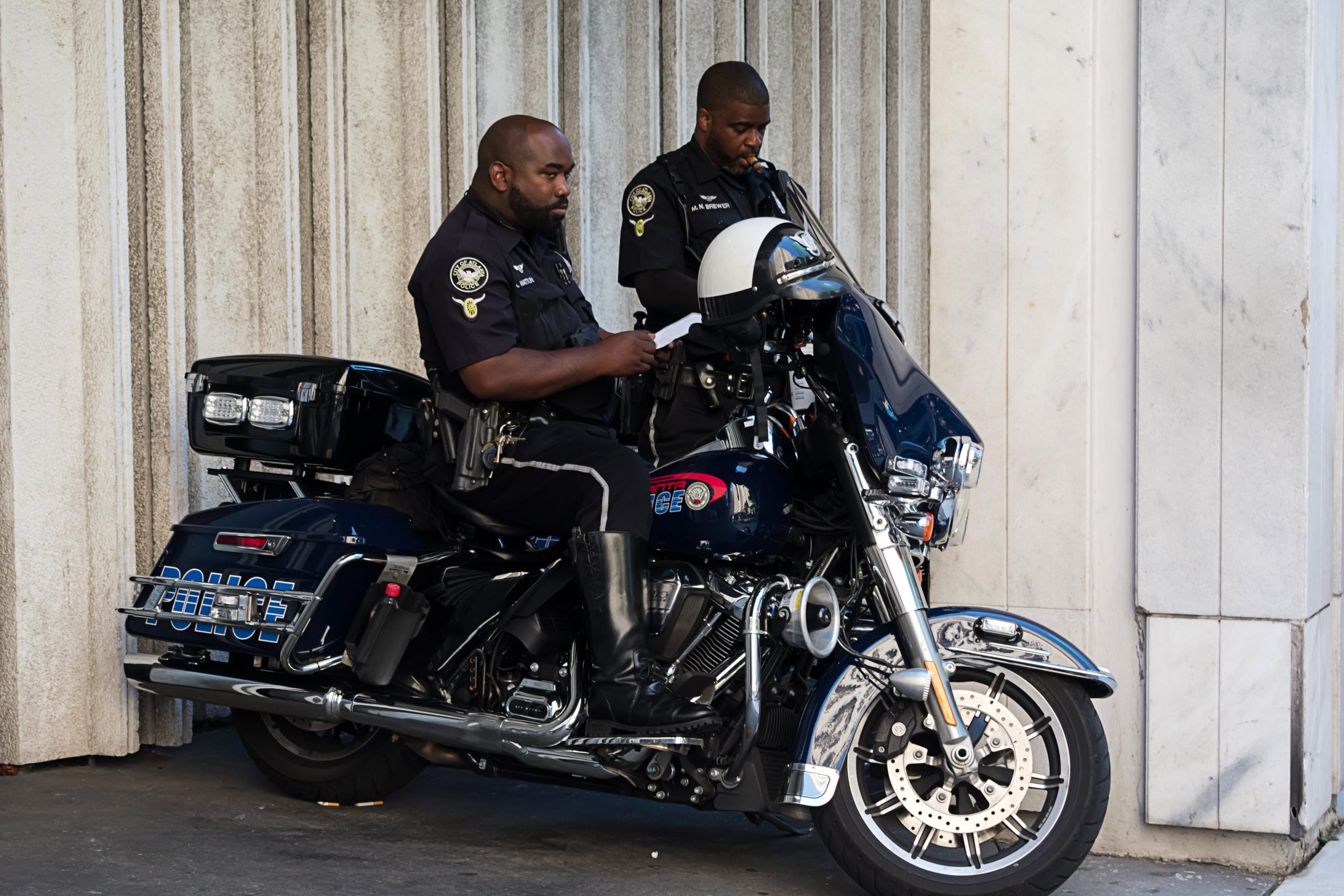Are Cops Getting a Bad Rap? Officers Say the Public Doesn’t Understand Their Risks
In recent years, law enforcement has come under increasing scrutiny, with some segments of the public questioning the actions and motivations of police officers. But is this skepticism justified, or are cops getting a bad rap? Police officers themselves argue that the public often doesn’t understand the inherent risks and complexities of their job. In this blog post, we will delve into the world of law enforcement, using relevant statistics, historical data, academic studies, and factual examples to shed light on the challenges faced by police officers. By the end, we aim to provide law enforcement leadership with a comprehensive understanding of the issues and offer practical guidance based on proven strategies tailored for policing.
Understanding the Risks
To comprehend the challenges faced by police officers, it’s crucial to grasp the nature of their work. Policing is a profession like no other, with officers often required to make split-second decisions that can mean the difference between life and death. According to data from the Pew Research Center [^1], police officers consistently rank among the most stressful jobs in America. The study also found that 86% of officers felt that their job was harder today due to the public scrutiny they face. It’s clear that policing is a high-stress profession, and officers feel the weight of public opinion.
Historical Perspective
To appreciate the complexity of the issue, it’s essential to examine the historical context. Policing in the United States has evolved significantly over the years. From its roots in colonial-era watchmen to the professionalized law enforcement agencies of today, the role of police officers has expanded and diversified. This evolution has brought new challenges and expectations, but it has also led to a more accountable and well-trained police force.
Academic Studies and Data
Several academic studies shed light on the risks and challenges faced by police officers. One such study conducted by the National Institute for Occupational Safety and Health (NIOSH) [^2] found that police officers face higher rates of injury and mortality compared to other professions. The study also highlighted the prevalence of stress-related health issues among officers. This data underscores the physical and mental toll of police work.
Real-World Examples
To illustrate the daily risks officers encounter, let’s consider some real-world examples. In 2020, amid widespread protests, numerous officers faced violent confrontations, with some even losing their lives in the line of duty. These incidents highlight the dangers officers face when dealing with civil unrest and criminal activity. Additionally, cases like the 2016 shooting of Dallas police officers during a peaceful protest demonstrate that officers can become targets simply because of their uniform.
Quotes from Law Enforcement Leaders
Police chiefs and officers themselves have voiced their concerns about the challenges they face. Chief James Craig of the Detroit Police Department emphasized the need for public understanding, stating, “Policing is a tough job, and we need the community to appreciate the risks our officers take every day to keep them safe.” Such statements reflect the sentiment among many law enforcement leaders.
Practical Guidance for Law Enforcement Leadership
Understanding the risks and challenges faced by police officers is the first step in addressing the issues at hand. To support their officers and maintain community trust, law enforcement leadership should consider the following strategies:
- Community Engagement: Establishing positive relationships with the community through outreach programs and transparency can help bridge the gap between the public and police.
- Mental Health Support: Providing mental health resources and support for officers to cope with stress and trauma is essential for their well-being.
- Training and De-escalation: Invest in ongoing training that emphasizes de-escalation techniques and conflict resolution, enabling officers to handle tense situations with minimal use of force.
- Data-Driven Decision-Making: Implementing data insights from an Officer Survey can help uncover concerns within the police force and inform evidence-based strategies to address them effectively.
The Role of Officer Surveys
One of the most valuable tools for police managers is the Officer Survey. By soliciting feedback directly from police officers, this tool can uncover concerns and challenges within the force that may otherwise go unnoticed. By analyzing the data gathered through such surveys, police managers can identify trends, areas of improvement, and specific issues that need attention. This data-driven approach allows law enforcement leadership to make informed decisions, improve officer morale, and enhance community relations. It’s a proactive step towards addressing the risks and challenges faced by police officers, ultimately leading to a safer and more accountable law enforcement environment.
In conclusion, while law enforcement faces increasing scrutiny, it’s vital to consider the risks and challenges that police officers confront daily. By understanding the nature of their work, historical context, academic studies, and real-world examples, we can appreciate the complexities of policing. Police chiefs and officers themselves emphasize the need for public understanding, and practical guidance, including the use of Officer Surveys, can help address concerns within the police force and improve relations between law enforcement and the community.
Citations:
- Pew Research Center (2017). Police Culture: Why Good Cops Go Bad.
- National Institute for Occupational Safety and Health (NIOSH). (2019). Workplace Violence Prevention Strategies and Research Needs.






